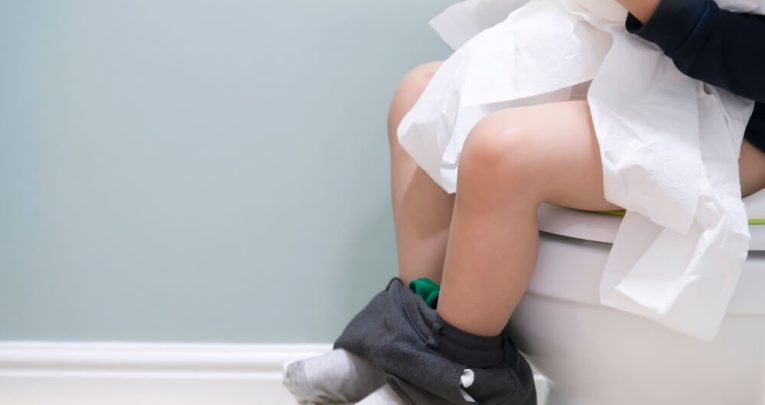Toilet training – Should teachers get involved?

It’s ultimately up to parents to make sure their child is toilet trained, but when problems occur it’s vital that teachers support families, says Amanda Jenner…

I recently carried out a survey to investigate the increase in children starting school without being fully toilet trained.
I also wanted to explore whether parents felt it was important for schools to teach lessons about using the toilet at school (and at home), and personal hygiene in general. The survey produced some very interesting results. For example, lots of parents are concerned that their children are not confident to ask to use the toilet during school time. In their opinion, this leads to their kids holding on for as long as possible.
This impacts their learning because they struggle to concentrate due to the discomfort. This is not just a problem I saw in the survey results. School toilet issues are something I’m faced with every day in my role as a toilet training adviser.
I’ve seen a large increase in the number of desperate parents contacting me with this very problem, especially since the pandemic. So what’s a teacher’s role in all of this? Is it your job to step in and help? My feeling is that ultimately, no, it’s not, but with my many years of experience I believe it’s better to try and work together as a team with parents to solve the problem.
I’m not advocating that teachers take control. After all, it’s up to parents to try and make sure their child is toilet trained before starting school. However, unfortunately this isn’t always possible. The perfect time for teachers to be made aware of any toileting issues is during home visits in July. Encourage parents to explain any fears or habits their children may have which you need to be aware of.
I advise speaking openly to parents about the importance of their child being fully toilet trained before September. Explain that you understand that the odd accident here or there is likely to happen during the first term while the child is getting used to their environment and still learning where everything is, but be clear that it shouldn’t be happening on a daily basis.
If you receive school transfer forms from local nurseries, ensure there is a section on there asking about any toilet training issues so you have advance warning. Requesting these before your Reception class arrives will give you a better understanding of those who may need some extra help and guidance. I’ve worked with many children over the years who have said that their school toilets “are not very nice”, and they’re right. School toilets are often not the most inviting environments – dripping taps; strong chemical smells; scratchy toilet paper.
In my role I’ve spent many hours visiting toilets (dream job, huh?) and believe it’s vital that schools invest in making toilets a happy, warm and inviting environment. I urge you, where possible, to add colourful, illustrative pictures showing children what they need to do. This makes a huge difference.
My survey showed that parents thought that a welcoming toilet environment was essential for encouraging their children to visit it. When it comes to teaching children about using the toilet at school, I’d like to see an update to the EYFS Development Matters non-statutory guidance. Implementing a short lesson about our bladder and bowels would benefit children hugely and encourage them to be confident enough to ask to use the toilet as and when they need it. I also recommend implementing a regular toilet visit, especially in Reception when children’s bladders are still developing. This works well around mid-morning, before snack time, and again before lunch. For the remainder of the day, children should be encouraged to ask to visit the toilet if they need to go.
In Y1 and above, it’s best if children have the option of going to the toilet at any point of the day, although I appreciate that with Covid restrictions in place, this might not be easy to implement at the moment. Although visiting the toilet is something we all do, it’s often a taboo subject among children. If teachers talk about the topic more regularly and openly in class, it will hugely benefit both them (less disruption due to accidents) and children.
Combined with more inviting toilet environments, this will help reduce the problem and lead to both happier pupils and teachers.
Amanda Jenner is a potty training expert and founder of My Carry Potty. Visit her website at pottytrainingacademy.co.uk.












